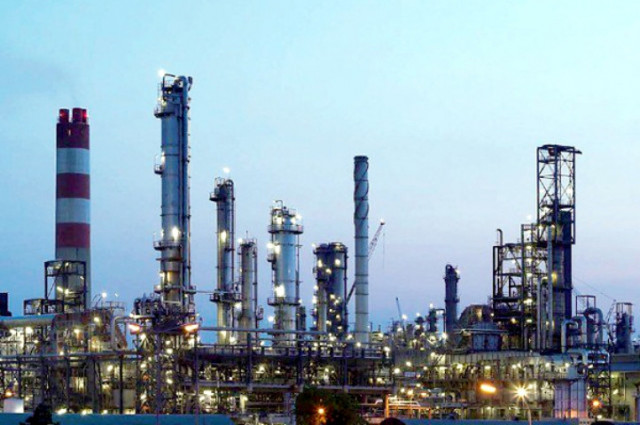Furnace oil plants charging Rs43.86
Senate told 11 such power houses running in country

A total of 11 power plants in the country are currently running on furnace oil, the Senate was informed on Thursday.
The upper house of parliament was informed about the details of how long were the contracts with the power plants operating on furnace oil as well as the money they were being paid per unit.
According to documents presented in Senate, furnace oil power plants were charging from Rs35.76 to Rs43.86 per unit.
The contract of Attock Gen Power will end in the ongoing year. The contracts of the Hub Power and Koh-e-Noor Energy were up to 2027. The documents stated that Lalpir Power and Pak Gen’s contracts would last till 2028. They added that the contract of Saba Power would continue till 2029.
Similarly, the contracts of Atlas Power, Nishat Power, and Nishat Chunian will expire by 2035. Likewise, the contracts of Narowal Energy and Liberty Power Tech will last till 2036.
Last month, furnace oil sales rose by 53.7% month-on-month, reaching 106,000 tonnes (up 6.2% year-on-year). This rise is attributed to the utilisation of furnace oil power plants for system stability during the summer months and anticipated lower hydel generation, following reports that Neelum Jhelum Hydropower will remain off the grid for at least another 18 to 24 months.
Attock Petroleum sales were 129,000 tonnes in June 2024, a 14% year-on-year fall primarily led by a 61% fall in furnace oil sales and a 22% fall in diesel sales. Last year, the National Electric Power Regulatory Authority (Nepra) approved the 10-year Indicative Generation Capacity Expansion Plan 2022-31 (IGCEP-2022), which envisages the phasing out of furnace oil by the year 2031.
The National Transmission and Despatch Company (NTDC) had developed and submitted the IGCEP-2022 in line with the relevant provisions of Grid Code 2005. It is a dynamic document covering 10-year planning and will be revised annually. It will act as a primary document to add new capacity to electricity generation to meet future demand in a scientific and systematic manner, thus avoiding the boom and bust cycles recurring in the country.
The IGCEP-2022 builds on the plans laid down by the preceding iteration and proposes a gradual shift from an energy mix heavily dominated by imported fossil fuels like coal, furnace oil and re-gasified liquefied natural gas (RLNG) towards the one dominated by indigenous sources of energy including hydel, Thar coal, wind and solar.


















COMMENTS
Comments are moderated and generally will be posted if they are on-topic and not abusive.
For more information, please see our Comments FAQ